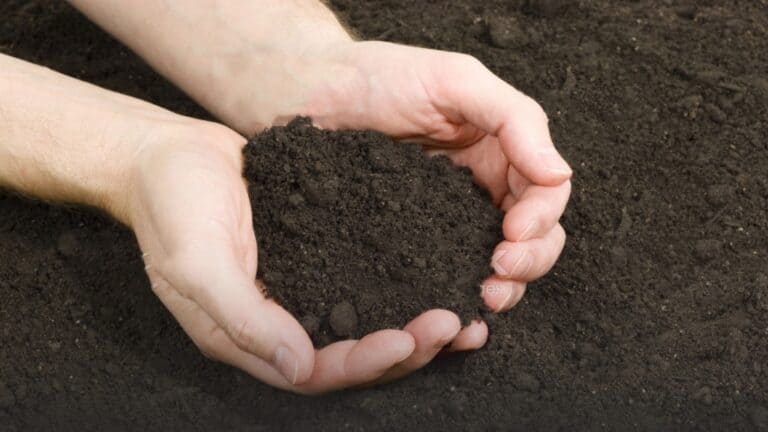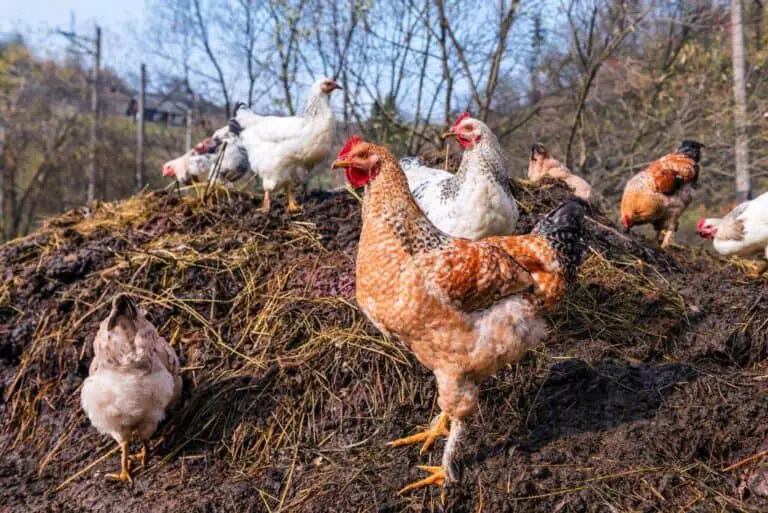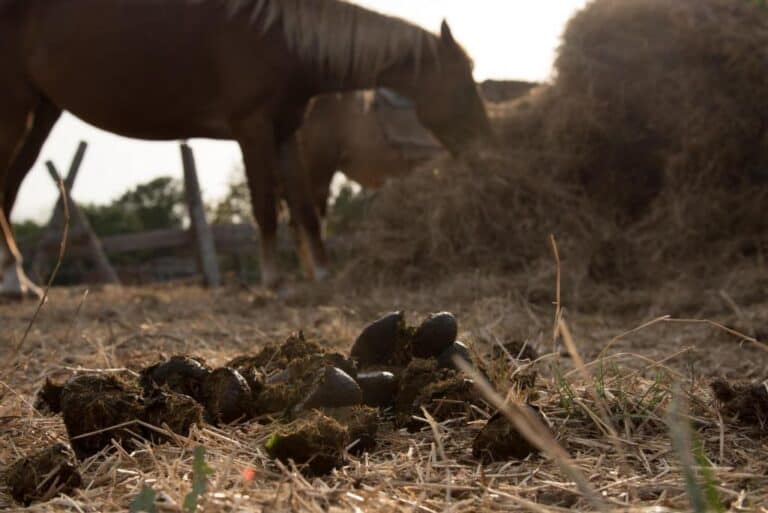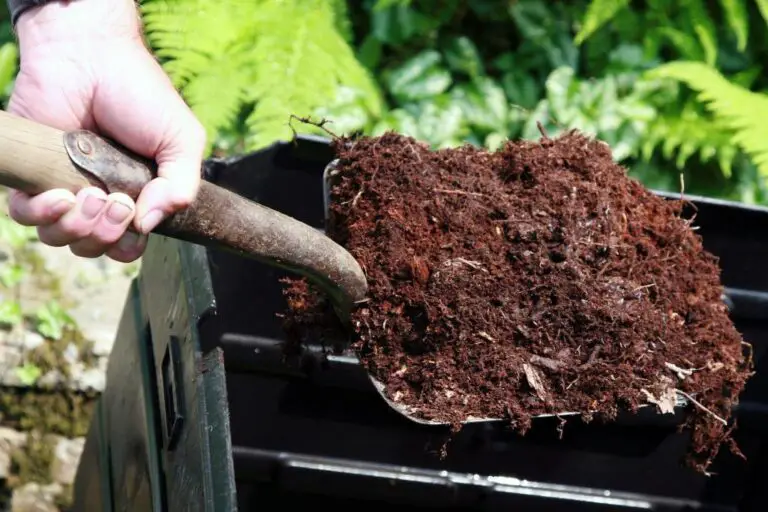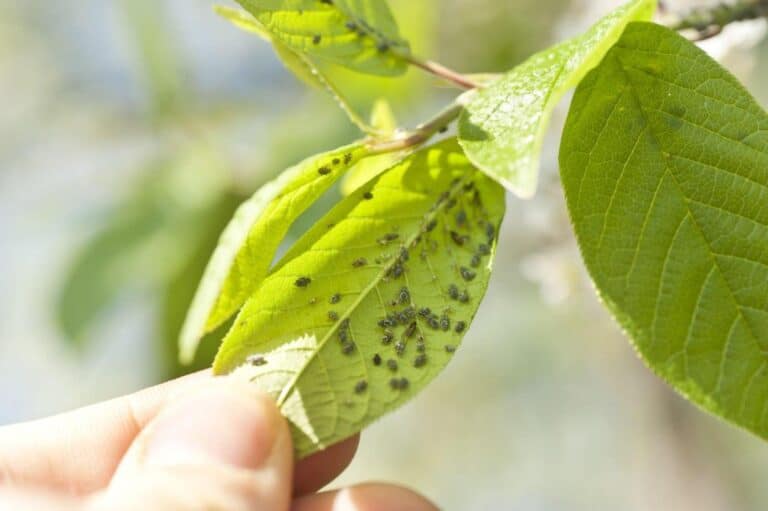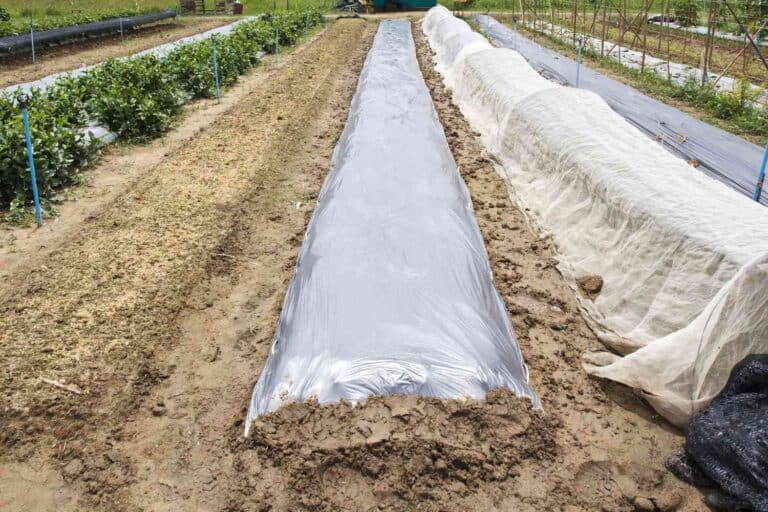Can You Use Fresh Horse Manure in Your Garden? Is It Good?
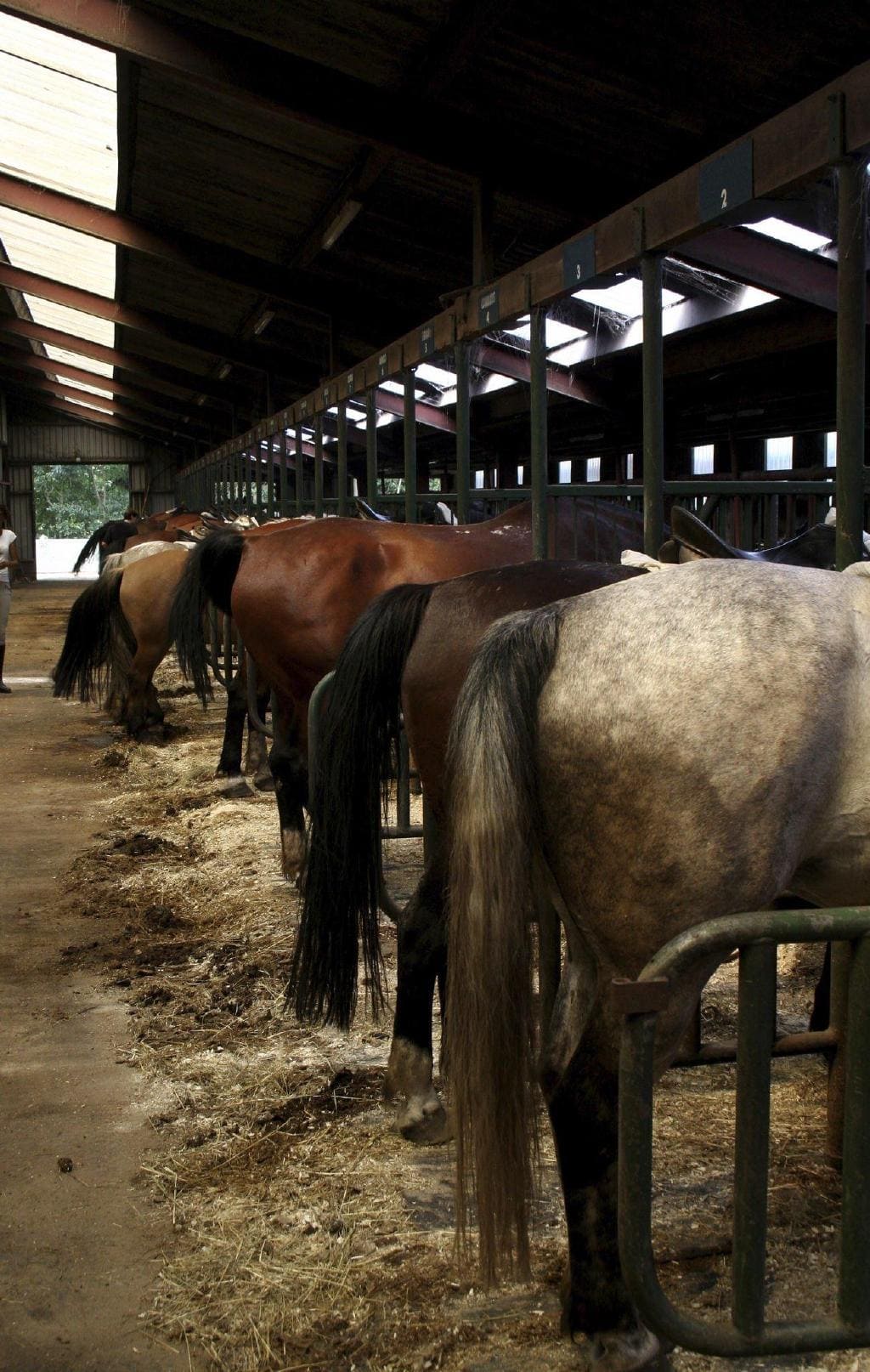
When it comes to gardening, one of the most debated topics is the use of horse manure as a fertilizer. Some gardeners swear by it, while others are hesitant due to concerns about its freshness and potential drawbacks.
So, can you use fresh horse manure in your garden, and is it truly a gardening elixir? Fresh horse manure can be used in gardening, but it is not recommended because it can burn plant roots and may contain harmful bacteria. Instead, aged or composted horse manure is a better option, as it is less likely to contain weed seeds and harmful bacteria.
In this article, we will delve into the world of horse manure in gardening. We’ll explore whether you can use fresh horse manure in your garden and whether it’s actually good for your plants.
Understanding Horse Manure Composition
To truly harness the power of horse manure in your garden, it’s vital to understand its composition. This natural fertilizer contains a complex blend of nutrients, organic matter, and microbial activity that can work wonders for your plants.
Horse manure is more than just the waste that these majestic animals leave behind. It’s a dynamic mix of:
- Dung: The solid fecal matter, which is rich in nutrients.
- Urine: Liquid waste that contributes to the moisture and nutrient content.
- Bedding Material: The straw or wood shavings used in stalls, add organic material.
- Microorganisms: Tiny creatures that play a vital role in breaking down organic matter.
Horse manure packs a punch when it comes to essential plant nutrients. Here’s a breakdown of its N-P-K (Nitrogen-Phosphorus-Potassium) content:
- Nitrogen (N): Vital for leafy green growth, horse manure provides a substantial amount.
- Phosphorus (P): Essential for strong root development and flower production.
- Potassium (K): Promotes overall plant health and disease resistance.
This nutrient trio makes horse manure a valuable addition to your soil, offering a balanced nutritional boost for your plants.
Besides the N-P-K trio, horse manure brings organic matter and microbial life to your garden. The organic matter enhances soil structure, improving water retention and aeration.
Meanwhile, the bustling microbial activity breaks down organic material, releasing nutrients over time and creating a healthy, nutrient-rich environment for your plants to thrive.
Can You Use Fresh Horse Manure in Your Garden?
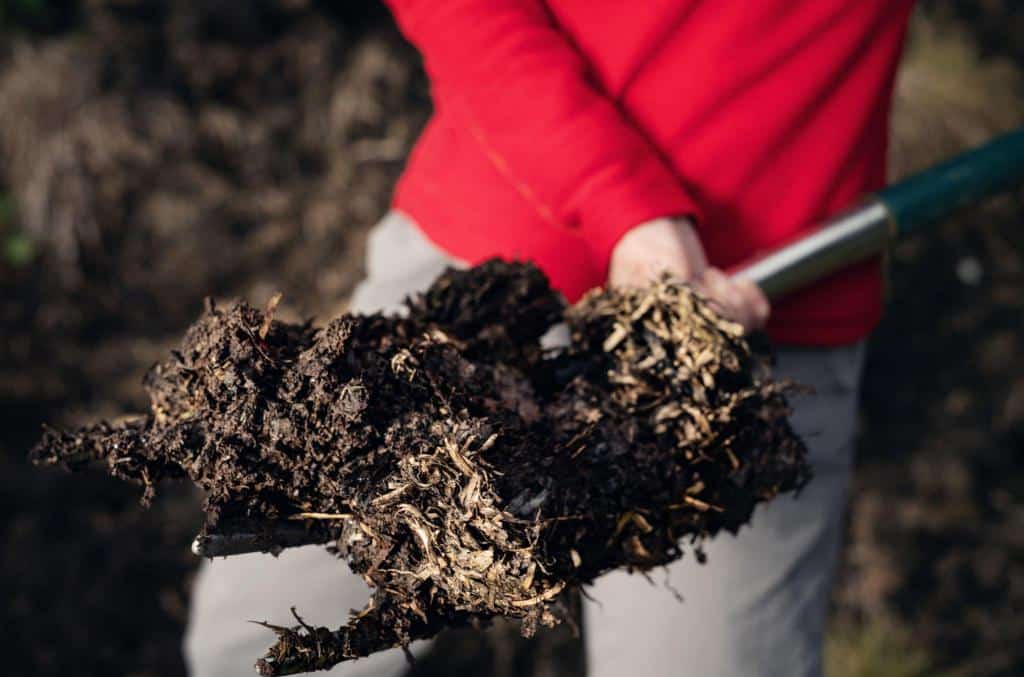
Horse manure can be a good fertilizer for plants, but it should not be used fresh because it can burn their roots. Instead, well-aged rotted manure or that which has been allowed to dry over winter can be worked into the soil without the worry of burning.
Composted horse manure is usually better to use in the garden because the heat produced from composting can effectively kill most weed seeds as well as any harmful bacteria. Horse manure is nitrogen-rich, but it doesn’t have particularly high quantities of phosphorus and potassium, which is why it can work best on plants that need a lot of nitrogen.
Composted horse manure is the best general fertilizer because it’s rich in organic matter and much more mellow. However, fresh horse manure can be a source of contamination, especially if it comes from grazing animals.
Therefore, it is important to ask questions and be cautious when using manure from unknown sources.
See also: How Much Composted Manure Is Needed Per Square Foot of Soil?
The Pros of Using Fresh Horse Manure
1. Nutrient-Rich Content
Horse manure, when used properly, can be a goldmine of nutrients for your garden. It’s loaded with essential elements like nitrogen, phosphorus, and potassium, which are the building blocks for healthy plant growth. These nutrients are often lacking in garden soil and are crucial for robust plants.
2. Improves Soil Structure
In addition to providing essential nutrients, horse manure can also enhance your soil’s structure. It helps to improve soil aeration, water retention, and drainage, creating a healthier environment for plant roots to thrive.
3. Cost-Effective
For those with access to a stable or farm, horse manure is an incredibly cost-effective way to boost the fertility of your garden soil. It’s often readily available and, in many cases, can be acquired for free.
4. Organic and Sustainable
Using horse manure in your garden aligns with organic gardening practices. It’s a natural and sustainable way to improve your soil’s health without resorting to synthetic fertilizers, which can have harmful environmental impacts.
5. Weed Suppression
Fresh horse manure can also help with weed suppression. When applied as a mulch, it can smother weed growth, reducing the competition for nutrients and sunlight that your crops need.
The Cons of Using Fresh Horse Manure
While fresh horse manure offers numerous benefits, it’s essential to be aware of its potential downsides and how to mitigate them.
1. High Ammonia Levels
Fresh horse manure can have high ammonia levels, which, if not managed correctly, can harm your plants. To reduce ammonia, it’s essential to compost the manure for a few months before using it in your garden. This composting process allows the ammonia to dissipate while preserving the beneficial nutrients.
2. Risk of Pathogens
Horse manure can contain pathogens such as E. coli and Salmonella, which pose a health risk to humans. To mitigate this risk, never use fresh horse manure on edible crops, and always wash your hands thoroughly after handling it.
3. Potential Weed Seeds
Horse manure often contains weed seeds from the plants the horses ate. These seeds can germinate in your garden and become a nuisance. Composting the manure at high temperatures (above 140°F or 60°C) can help kill these weed seeds.
4. Odor and Aesthetics
Fresh horse manure can have a strong odor that may not be pleasant for you or your neighbors. It’s essential to apply it sparingly and bury it beneath a layer of soil or mulch to minimize the smell.
How to Use Fresh Horse Manure in Your Garden
If you decide to use fresh horse manure in your garden, follow these steps to ensure you reap the benefits while minimizing the drawbacks:
- Composting: Compost the manure for at least three to six months before applying it to your garden. This process allows the manure to break down, reducing ammonia levels and killing pathogens.
- Application: Apply the composted horse manure to your garden beds in the spring or fall. Incorporate it into the soil to a depth of 4-6 inches for optimal results.
- Avoid Edible Crops: Do not use fresh horse manure on crops that you plan to eat raw, like lettuce or strawberries. Stick to using it on ornamental plants or crops that you’ll cook before consuming.
- Mulching: Consider using composted horse manure as a mulch. This can help retain soil moisture, suppress weeds, and slowly release nutrients into the soil.
Comparison: Fresh vs. Aged Horse Manure
To help you make an informed decision, let’s compare fresh horse manure with aged horse manure.
| Aspect | Fresh Horse Manure | Aged Horse Manure |
| Nutrient Levels | High | Nutrient levels may have decreased over time |
| Ammonia Content | High | Low |
| Pathogen Risk | High | Low (pathogens die off during aging) |
| Weed Seed Viability | High | Low (weed seeds often die during aging) |
| Odor | Strong odor | Reduced odor |
| Application Timing | After composting for 3-6 months | Ready for immediate use |
Alternatives to Fresh Horse Manure in Gardening
When it comes to fertilizing your garden, fresh horse manure is just one option among many. Exploring these alternatives can help you make the best choice for your gardening needs.
1. Comparison with Other Organic Fertilizers:
Fresh horse manure isn’t the only organic fertilizer available. Options like cow or chicken manure, fish emulsion, and composted kitchen scraps can provide the same nutrient-rich benefits without the concerns of ammonia or pathogens that fresh horse manure may present. Each has its own unique nutrient composition and characteristics, allowing you to choose the best fit for your plants’ needs and your gardening preferences.
2. Use of Aged or Composted Manure:
If you have access to horse manure but are wary of its freshness, consider composting or aging it. This process not only reduces ammonia levels and kills pathogens but also turns it into a rich, dark, crumbly substance that’s easier to handle and less likely to burn your plants. Aged or composted horse manure retains its nutrient content while becoming a safer and more convenient option.
3. Synthetic Fertilizers and Their Pros and Cons:
Synthetic fertilizers are another choice for gardeners. They offer precise control over nutrient levels but come with their own set of pros and cons. They’re fast-acting and can provide a quick nutrient boost to your plants. However, overreliance on synthetics can harm soil health and contribute to environmental issues like nutrient runoff. Finding the right balance between synthetic and organic fertilizers is crucial for sustainable gardening.
4. Crop Rotation and Cover Cropping as Alternatives:
Sometimes, the best way to improve your soil isn’t through fertilizers at all. Practices like crop rotation and cover cropping can enhance soil health naturally. Crop rotation involves changing what you plant in a specific area each season, preventing nutrient depletion and soilborne diseases. Cover cropping involves planting specific crops like clover or rye during the off-season to protect and enrich the soil. Both methods are excellent alternatives to traditional fertilizers, promoting long-term soil vitality.
Conclusion
In summary, using fresh horse manure in your garden can be beneficial if done correctly. It offers a rich source of nutrients, helps improve soil structure, and is cost-effective. However, it’s crucial to compost the manure to reduce ammonia levels and kill pathogens.
If you’re concerned about the potential drawbacks of fresh horse manure, consider using aged horse manure, which has lower ammonia levels, reduced pathogen risk, and fewer viable weed seeds. Regardless of your choice, always follow best practices for safe and effective use, and your garden will flourish with the benefits of this natural fertilizer. Happy gardening!
FAQs on Composting Horse Manure for the Garden
Is fresh horse manure safe for vegetable gardens?
Fresh horse manure is not recommended for vegetable gardens because it can contain harmful pathogens and high levels of ammonia. Composting the manure is advised to make it safe for use in vegetable gardens.
How long does it take for fresh horse manure to decompose in the garden?
Fresh horse manure can take several months to decompose fully in the garden, depending on factors like temperature and microbial activity. Composting it separately can expedite the process, typically taking 3 to 6 months.
Can I use horse manure directly on flower beds?
Yes, you can use aged or composted horse manure directly on flower beds. However, fresh horse manure is not recommended for direct use due to the risk of burning the plants and potential odors.
What are the risks of using untreated horse manure in gardening?
Untreated horse manure can contain harmful pathogens, weed seeds, and high ammonia levels. Using it without proper composting can harm plants, pose health risks, and introduce weeds to your garden.
What are the best practices for incorporating fresh horse manure into a compost pile?
To incorporate fresh horse manure into a compost pile, mix it with other organic materials like straw, leaves, and kitchen scraps. Maintain a proper balance of green (nitrogen-rich) and brown (carbon-rich) materials and turn the pile regularly to ensure efficient decomposition.
How often should I apply fresh horse manure to my garden?
Apply fresh horse manure sparingly and as needed, typically in the spring or fall. The exact frequency depends on your soil’s nutrient levels and the specific needs of your plants.
Are there any specific crops or plants that benefit more from fresh horse manure?
Nutrient-demanding crops like tomatoes, corn, and squash can benefit more from fresh horse manure. However, it should still be composted or aged to reduce ammonia and pathogen risks.
What signs should I look for to determine if I’ve overused horse manure in my garden?
Signs of overuse include stunted plant growth, leaf discoloration, or burnt edges on leaves. Soil tests can also reveal nutrient imbalances, helping you adjust your fertilization practices accordingly.

